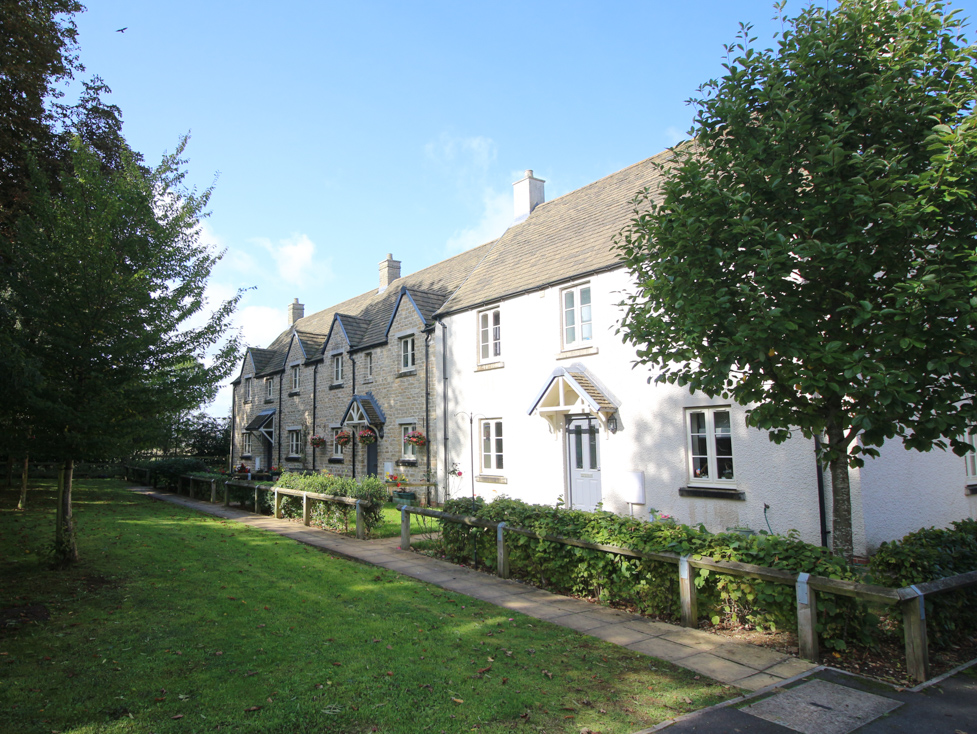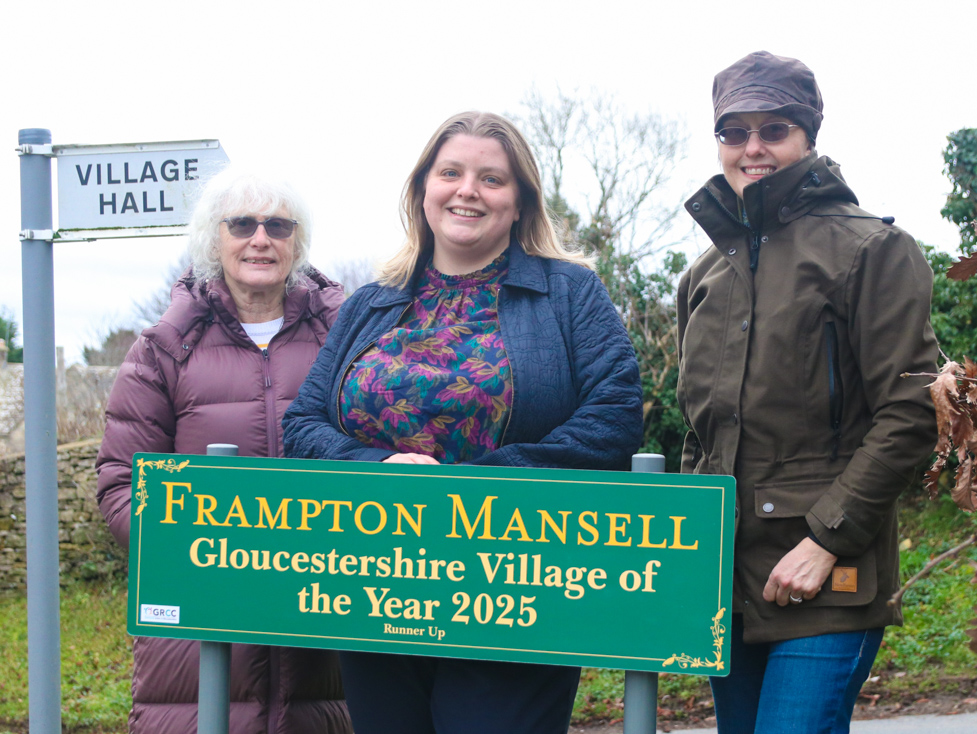- News & Events
- /
- Get Informed: Preparedness Month 2025

09 Sep, 2025
Get Informed: Preparedness Month 2025
Below, GRCC's Community Resilience Officer Lucy Eccles continues her series of weekly blogs for Preparedness Month which is organised by the Emergency Planning Society every September.
Welcome to Week 2 of Preparedness Month! In our first week we explored how to understand the risks in your local area, and we will now focus on how to get informed on emergency situations.
Trusted Networks and Knowing Who to Call
Fake messages and misinformation are everywhere, and they have potentially serious consequences. So how can you reduce your risk?
GRCC’s top tips:
- Make sure you only use reliable sources for emergency and crisis information.
- Fact-check any other information you find, by conducting your own further research.
- Always fight misinformation by using online reporting tools!
Other helpful resources:
Please see the UK government’s advice on potentially harmful content and misinformation here .
Always "THINK" before you post on social media! This useful mnemonic is explained in the graphic below.

[ image courtesy of technologyrocksseriously.com / pinterest ]
When you come across misinformation, it's really helpful to other people if you report it so that it will be removed. The World Health Organization publishes a really handy online guide to how to report misleading content on all the main social media platforms.
When an emergency happens, you should always know who to call. Keep a note of the numbers listed below:
📞 Emergency Services - 999
📞 Silent Solution - 999 then press 55 for those unable to speak in an emergency. The police will then be able to track the location of your phone and provide assistance.
📞 Gas Emergency - 0800 111999
📞 Report a Power cut - 105
Water Safety
Drowning is one of the leading causes of accidental deaths in the UK. We all love a refreshing swim on a hot day or a relaxing walk along the river, but remember – awareness is preparedness, and this includes around water too.
The RNLI has some super helpful tips on how to stay safe in the water, including the Float to Live campaign: If you find yourself unexpectedly in the water, do as little as possible, and FLOAT! Please see here for more details.
Flood awareness
Gloucestershire is no stranger to flooding, and as climate change brings increased rainfall and storm severity, it is more important than ever that communities are aware of their flood risk.
GRCC’s top tips to stay Flood Ready:
💧 Sign up for and listen to flood warnings here
💧 Make adaptations to keep your home safe
💧 Protect documents and valuables
💧 Update your Grab Bag
Volunteering Opportunity!
We are searching for Volunteer Flood Wardens in the Cotswold District and Tewkesbury Borough areas. This role is ideal for those who are passionate about increasing community resilience in response to our changing climate. If you are interested and want to find out more about the role, please email us today on cdt@grcc.org.uk or call 01452 528491.
First aid
First aid saves lives!!
With ever increasing technology, first aid skills are more accessible than ever. Public response is crucial before responders arrive, so update your skills today!
The British Red Cross have lots of skills and info available to learn online here .
Challenge for the week : learn a first aid skill are share it with a friend or family member!
Severe weather
Sign up to Met Office weather warning services here !
Living in the UK, we expect lots heavy rainfall. However, rainfall, wind, and hot weather are all becoming more extreme so it is time to think about our community’s safety.
Mental Health
Good mental health is fundamental to personal resilience. It's really important to recognize the signs of stress, and access support when needed. Here are some useful links and phone numbers:
Urgent help in a mental health crisis:
- Gloucestershire NHS Mental Health Crisis Team : dial 111 and selection option 2
- Samaritans 116 123
Always call 999 in an emergency
Ongoing or less urgent mental health support:
- NHS Every Mind Matters
- MIND’s advice on how to seek help
- The CALM (Campaign Against Living Miserably) Zone: 0800 58 58 58
- Emowering Minds Gloucestershire
- Connect and Offload
Mental Health Support For Children and Young People
Autistic People and Emergency Planning
GRCC's CASA Service provides support for autistic adults throughout Gloucestershire, and we also provide some other mental health and wellbeing services – find out more on our website here .
Emergency events can be particularly stressful for autistic people. Autistic people often rely on routines to provide structure and predictability in a world that can often feel overwhelming. Unexpected changes to routines can lead to significant increases in stress and anxiety. Where possible it is very helpful for autistic people to plan ahead about what to do in an unexpected environmental emergency. This planning may involve who to contact for support and where to go to seek advice and assistance.
A useful resource to help with this is CASA's Autism Passport. This tool can support you to clearly communicate your needs, outline the types of support that are most helpful, and include essential emergency contact information.
I hope that this blog has helped you get informed on where to go for trusted advice on emergency preparedness. If you'd like to find out more about how GRCC can help support community resilience in your area, contact us today on cdt@grcc.org.uk or call us 01452 528491.
Remember to check out The Emergency Planning Society’s weekly Preparedness Month live session on Friday 12th September at 11:00am using this link .
That's all for Week 2, but remember to look out for next week's blog when I will be sharing information about about how to "Make a Plan" to keep yourself and your communities safe during emergency events!
Latest posts
-

-

By Peter Richardson Building from the Ground Up
-

